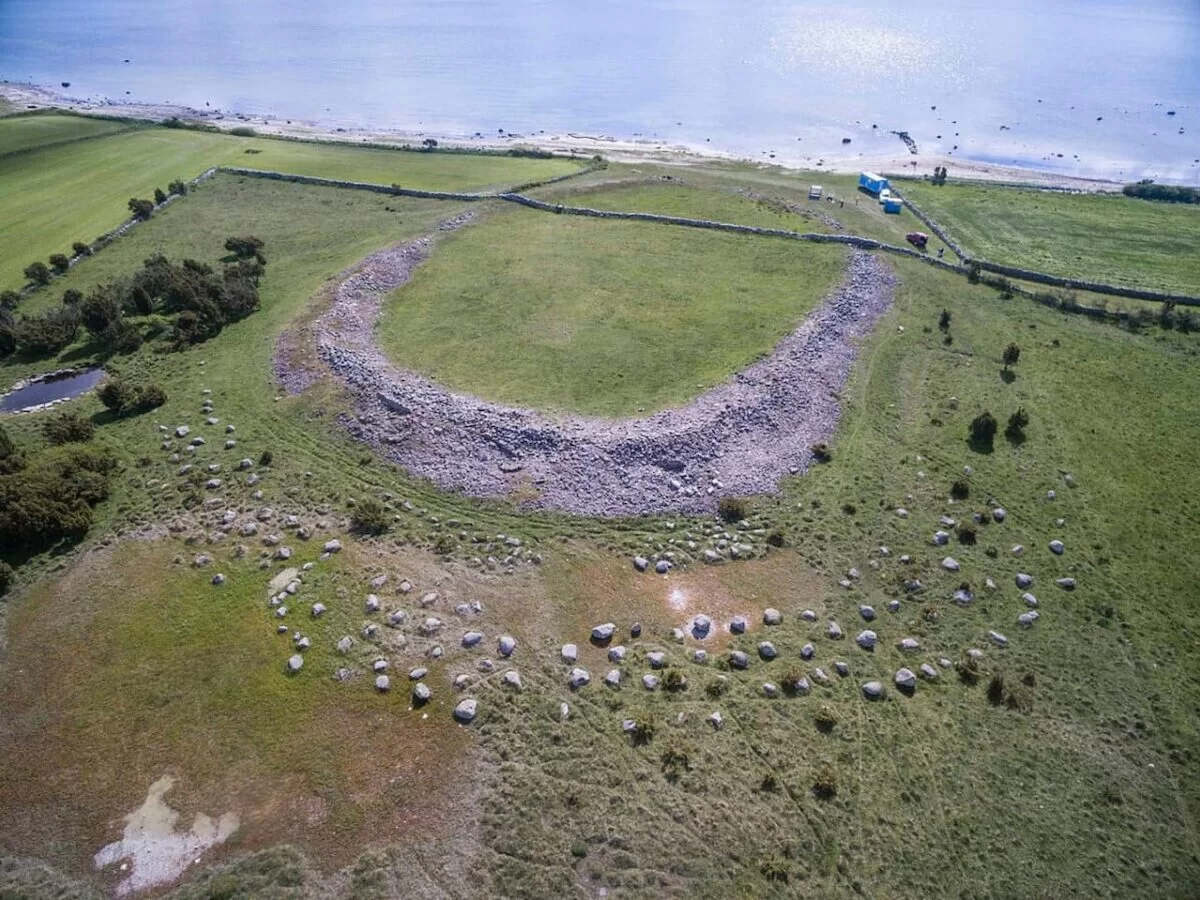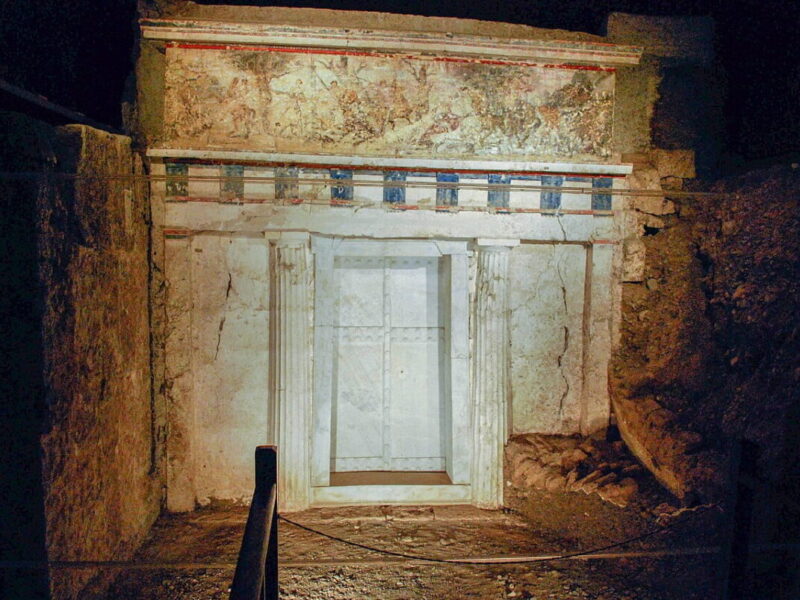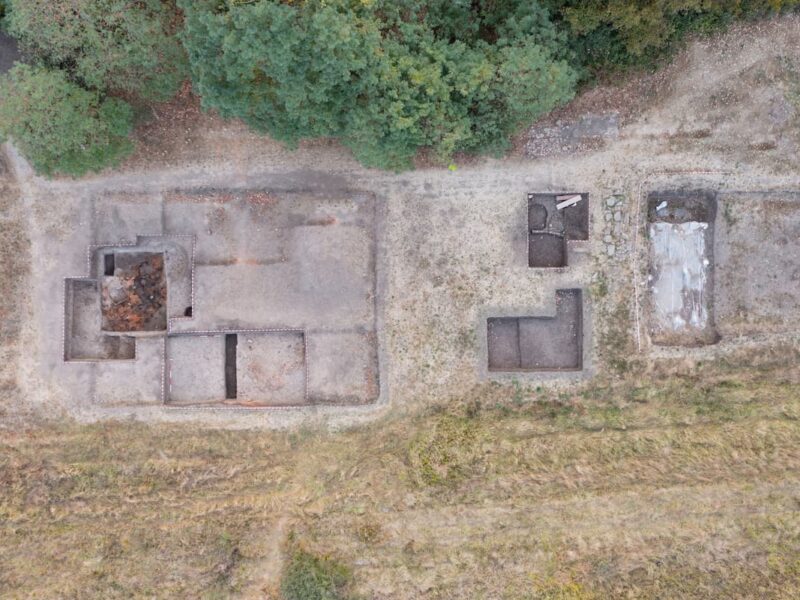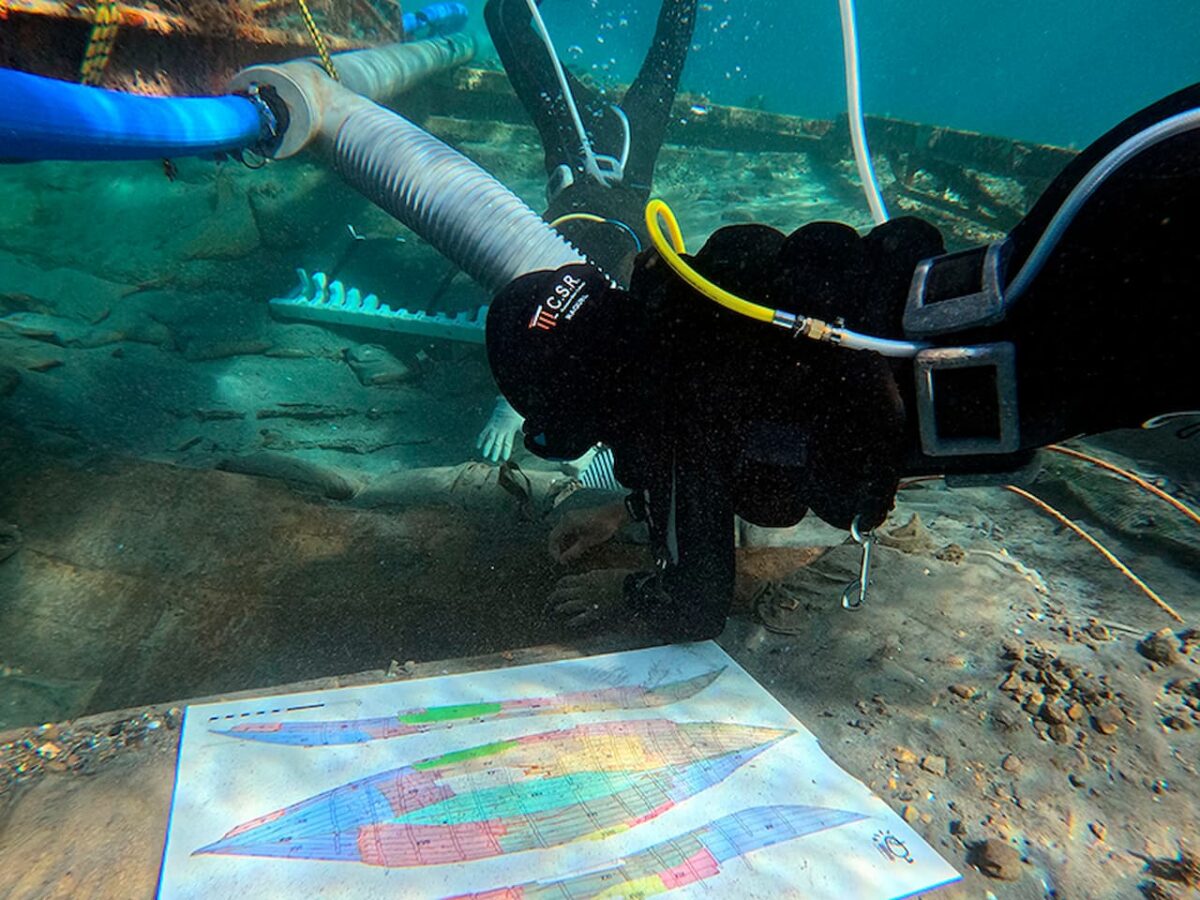A recent analysis from researchers at the University of Southern California has found that medical texts from 2500 years ago rarely mentioned severe memory loss, suggesting that widespread dementia seen today may be linked to modern environments and lifestyles.
It’s commonly thought that age-related dementia has always existed, dating back to ancient times. However, this new analysis of classical Greek and Roman medical writings implies that severe memory loss, which now reaches epidemic levels, was extremely uncommon 2500-2000 years ago during the eras of Aristotle, Galen and Pliny the Elder.
The study, led by USC and published in the Journal of Alzheimer’s Disease, supports the idea that Alzheimer’s disease and other dementias are diseases of modern environments and lifestyles, where sedentary behavior and exposure to air pollution play major roles.

The researchers scrutinized important ancient medical writings from Hippocrates and his followers but found no mention of memory loss, only listing age-related issues like hearing loss and digestive disorders. A few centuries later, Roman writings contained rare mentions – Galen noted some 80-year-olds struggled to learn new things, while Pliny described a famous orator forgetting his own name.
As Roman cities grew more dense, pollution levels rose along with some cognitive impairment cases. Lead pipes and vessels, even intentionally added to wine, unknowingly poisoned aristocrats. While some recognized lead’s toxicity, solutions didn’t emerge until the 20th century, and lead contamination has been blamed for Rome’s decline.
Lacking ancient demographic data, the researchers compared Greece and Rome to present-day Tsimane people in Bolivia – who live pre-industrial, physically active lifestyles and have extremely low dementia rates, around 1% for elders. The Tsimane provide evidence that environment hugely impacts dementia risk.
This study sheds new light on the rarity of dementia in antiquity and stresses lifestyle and environment as major modern risk factors. It implies dementia prevalence evolved over millennia due to cultural changes affecting daily life and conditions.
Sources
University of Southern California | Caleb E. Finch, Stanley M. Burstein. Dementia in the Ancient Greco-Roman World Was Minimally Mentioned. Journal of Alzheimer’s Disease, 2024; 1 DOI: 10.3233/JAD-230993
Discover more from LBV Magazine English Edition
Subscribe to get the latest posts sent to your email.




















